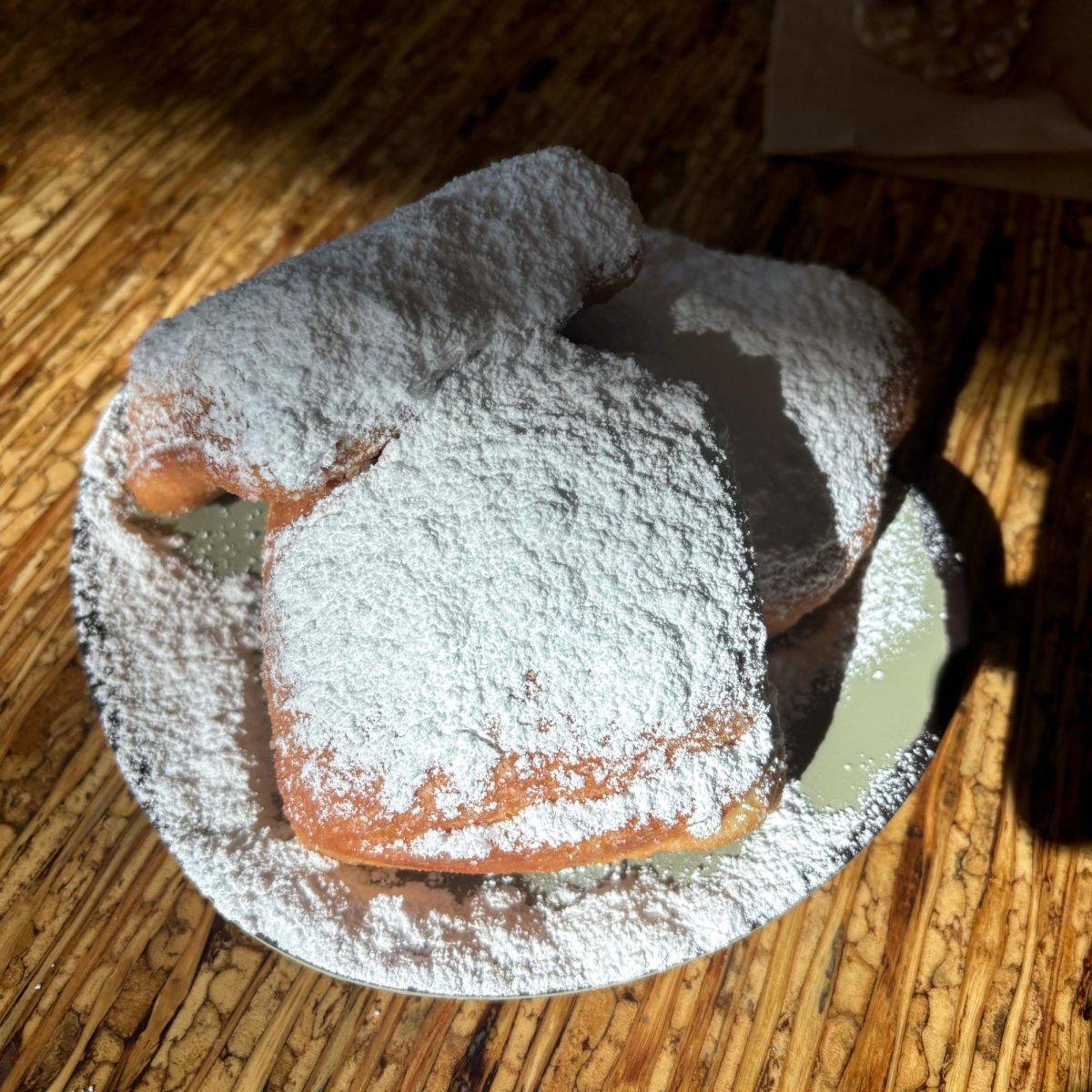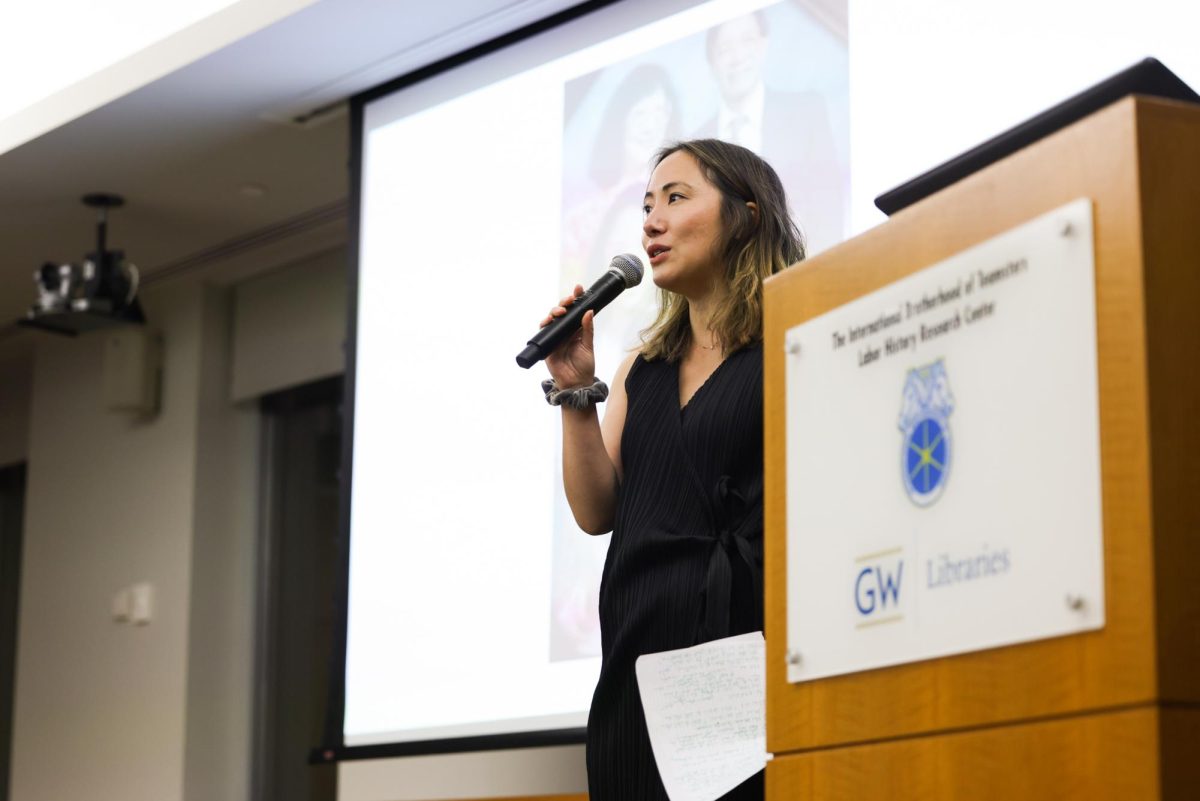Dominic Amaral has found a new kind of brotherhood this year at GW.
Amaral, a history major and student veteran, joined the military at age 18 and made his first trip to Iraq as a crewman three years later. But when transitioning to college, he was looking for the same kind of community he found in the Army.
He said he felt out of place – forced to reinvent himself. At first, Amaral turned to fellow student veterans and the Afghan Student Association, but he longed for a greater sense of community that he has now found with Beta Theta Pi.
“I didn’t go to school at 18. I joined the army instead, so maybe in some sense it made me want to get out and experience college to the fullest way possible,” he said. “Everything we did [in the Army], we did together…You become very close, and definitely that sense of cohesion really is something.”
Amaral admitted he first decided to attend rush events for the free food. But he found himself immersed in conversation with Beta brothers and soon became a pledge.
For the veteran, transitioning to a dramatically different environment and joining a fraternity presented challenges. For the first time since his early years in the military, Amaral was not in a position of power. Instead, he found himself on a level playing field with the rest of his pledge class.
But Amaral said being a part of Beta made him feel like he had a place at GW.
“It’s a great feeling, walking around campus with people waving at me,” Amaral said. “It’s kind of welcoming.”
Amaral said being a brother of a fraternity has reminded him of his Army days – from the emphasis on close friendships to the way Greek letters parallel unit patches as a form of identification.
“Once in a while, I find things that make me chuckle a bit, because I’ve seen it before,” he said.
At 25 years old, Amaral is significantly older than most of his brothers. But he said that despite rushing and pledging as an older student, he is treated like the others.
Amaral said that the years he served in the army were formative and that he learned a lot from his time in Iraq, particularly about leadership. After three years of service, Amaral had troops assigned to him, so he is used to standing up and taking charge.
But Amaral said he’s already started to learn lessons from his new brothers – including how to step back.
“Sometimes your place is not to stand up. Sometimes you’re a follower,” he says. “I hope that along the way I can help them too.”





